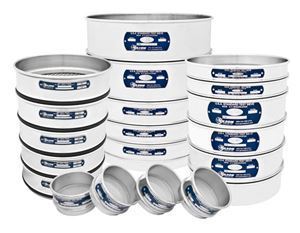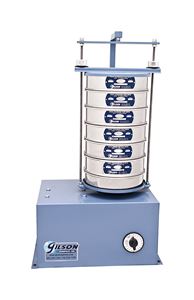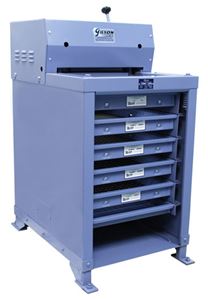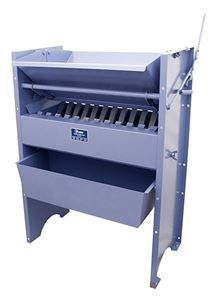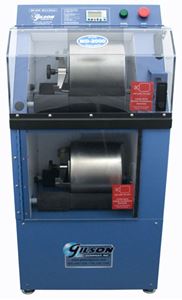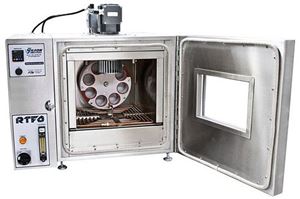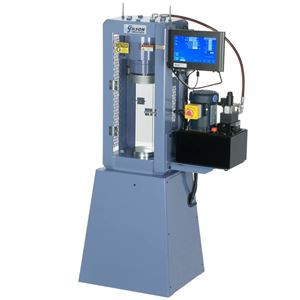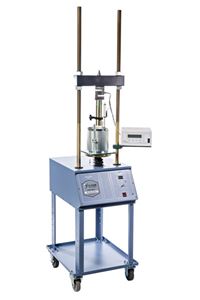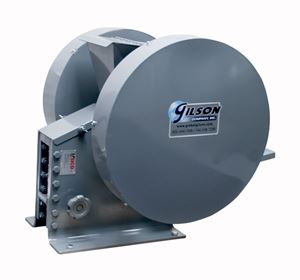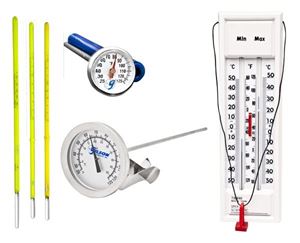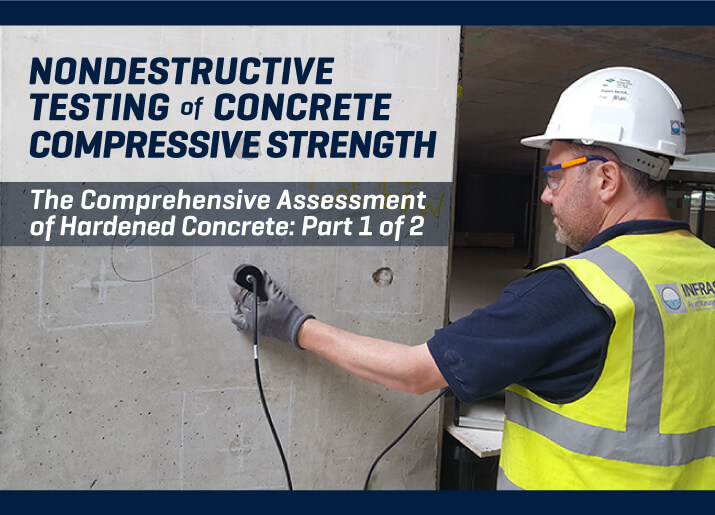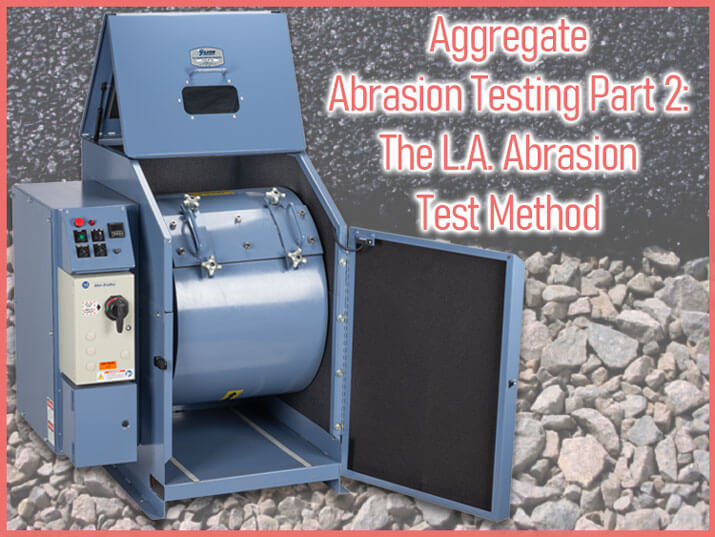Nondestructive concrete testing determines the quality and properties of hardened concrete to assess its condition and safety. Read this blog to learn about in-place and nondestructive methods and equipment used to measure concrete strength.
- Log in
- Favorites List
-
Shopping Cart
You have no items in your shopping cart.
- Gilson Chat
Gilson Insights
Have questions about your materials testing equipment? We have the answers to these questions and much more right here! Check back monthly for long-form blog posts, how-to guides and infographics. We’ll address industry insights, the operation and maintenance of specific equipment, and our product line recommendations, all designed to better serve you.
Bookmark this page, add it to your RSS reader, or subscribe to our newsletter, so you never miss a hot topic.

This blog post outlines the three main components that encompass Atterberg Limits, explains why these tests are important, and covers basic equipment used in these procedures.

In Part 1 of this thee-part series, we’ll cover sieve analysis of coarse aggregate, beginning from gathering samples at a job site, including tips and necessary equipment.
The Concrete Test Hammer is a critical part of your tool kit when assessing potential problems in concrete structures, but it can also create problems if expected to perform beyond its capabilities. This blog post outlines the proper way to use this tool for establishing strength estimates and relationships by comparison.
Ongoing verification of working sieves is an important part of your QC/QA program to ensure that your sieves are in working order and meet their minimum requirements. In this post, we’ll answer all your questions regarding reverification of your used sieves.
It's important to run a complete set of tests, including air content and unit weight, on all fresh concrete batches, whatever the mix design. This is the best method to secure accurate and complete data that is very difficult to obtain later, and assures adherence to QC/QA requirements.
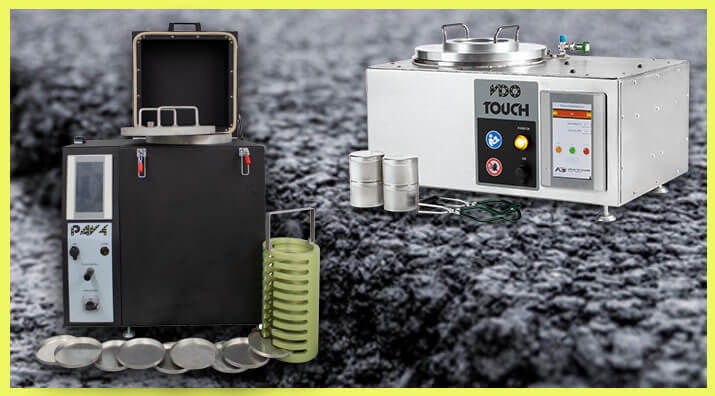
A method to simulate long-term, oxidative aged asphalt binder is important for predicting distress in asphalt as it ages. A Pressure Aging Vessel is a great solution and this blog post will highlight the background and benefits of these powerful machines.
Abrasion testing is an important component to your quality control process. This follow-up post presents the benefits of the widely-used L.A. Abrasion Test.
If you need to accurately measure the effect of heat and air on asphalt binder, a good option to consider is a Rolling Thin Film Oven (RTFO). This blog post outlines everything you need to know from the procedure to benefits and equipment recommendations.

Comparing the differences between sulfur mortar capping and the use of neoprene pads with metal retainer rings will help you select the ideal procedure for your application.
- 2025
- 2024
- 2023
- 2022
- 2021
- 2020
- 2019
- 2018
- 2017
- 2016
- 2015

